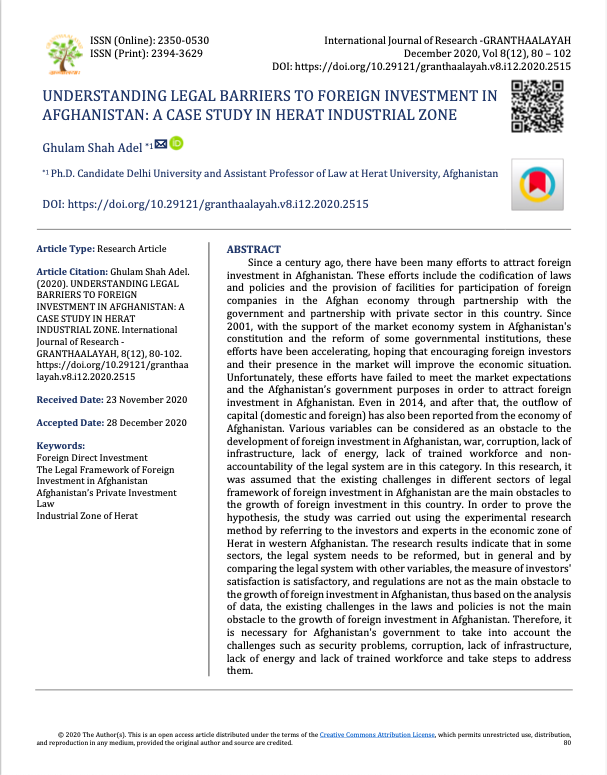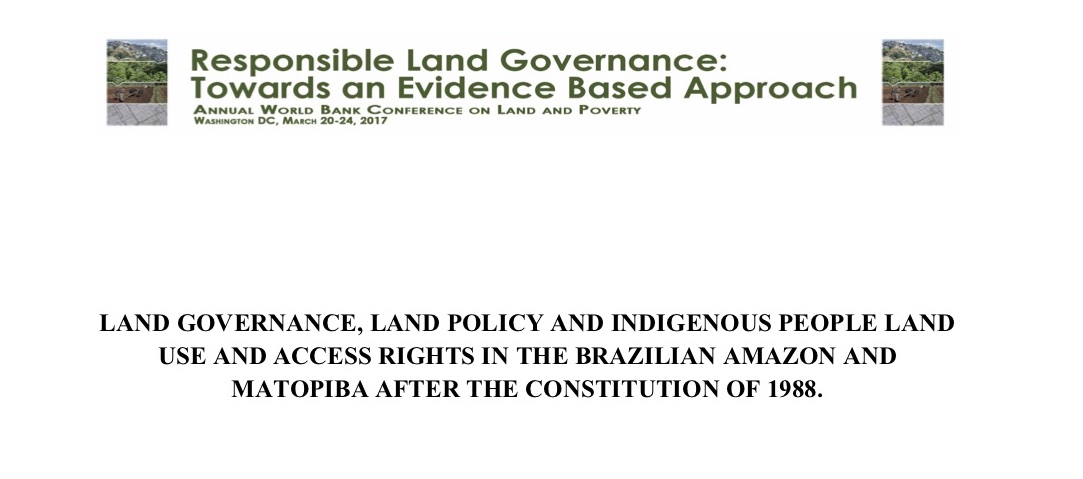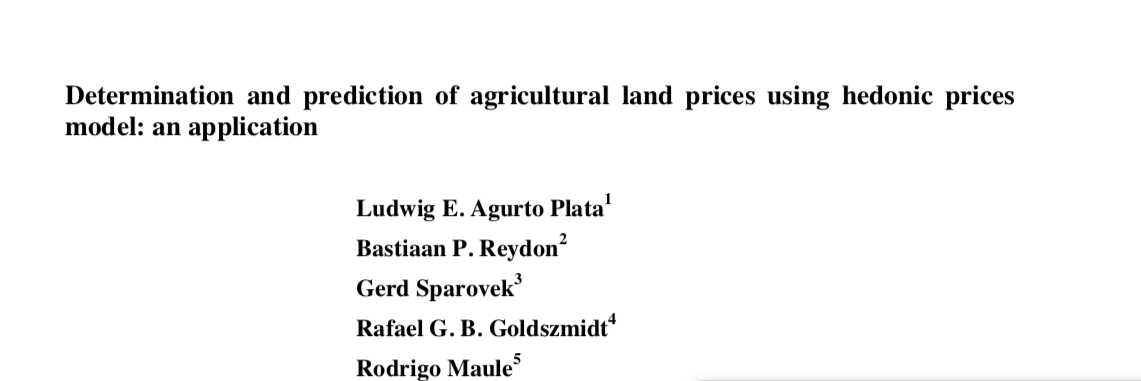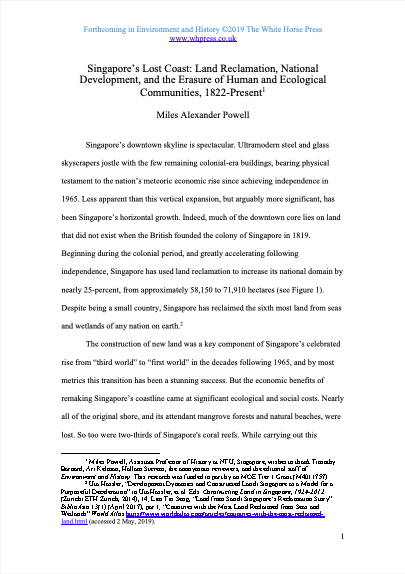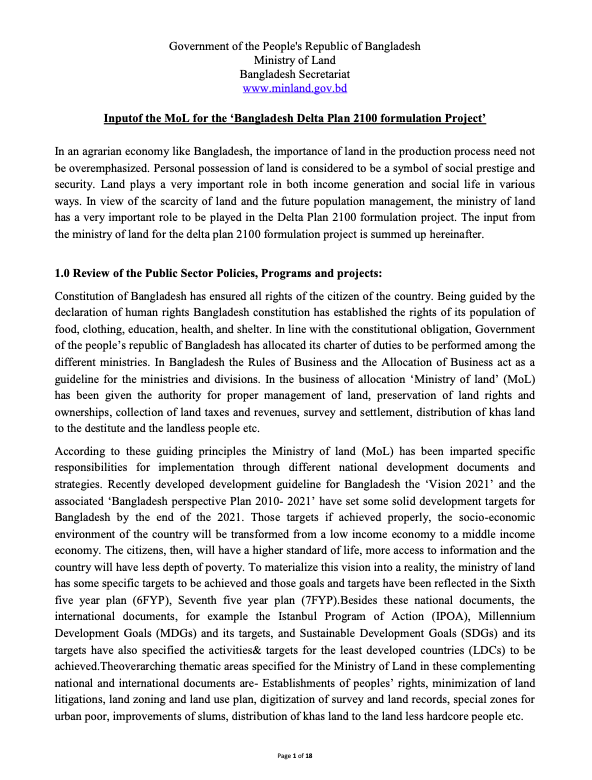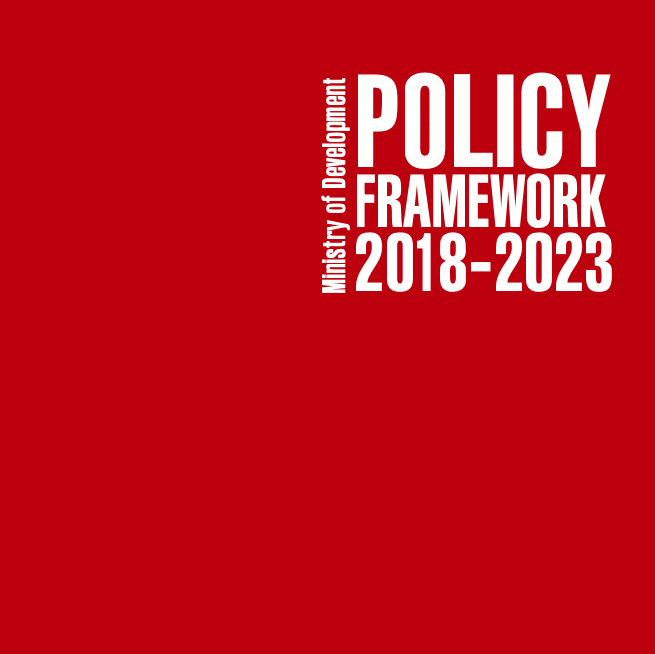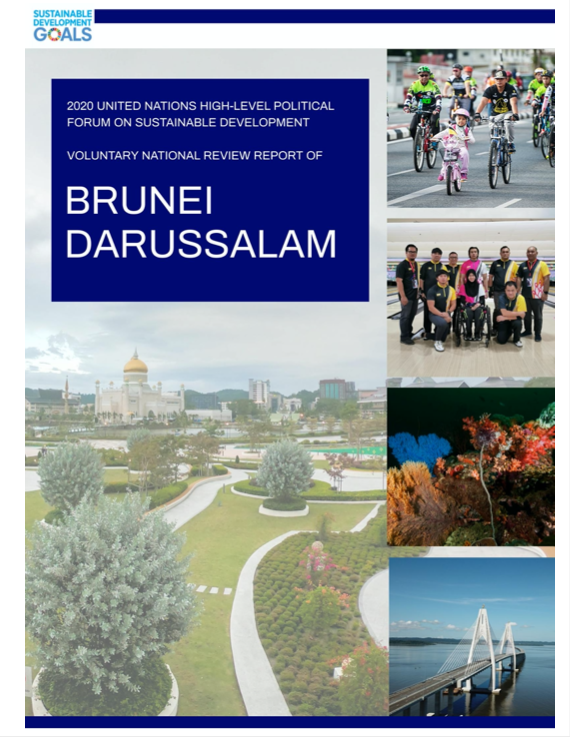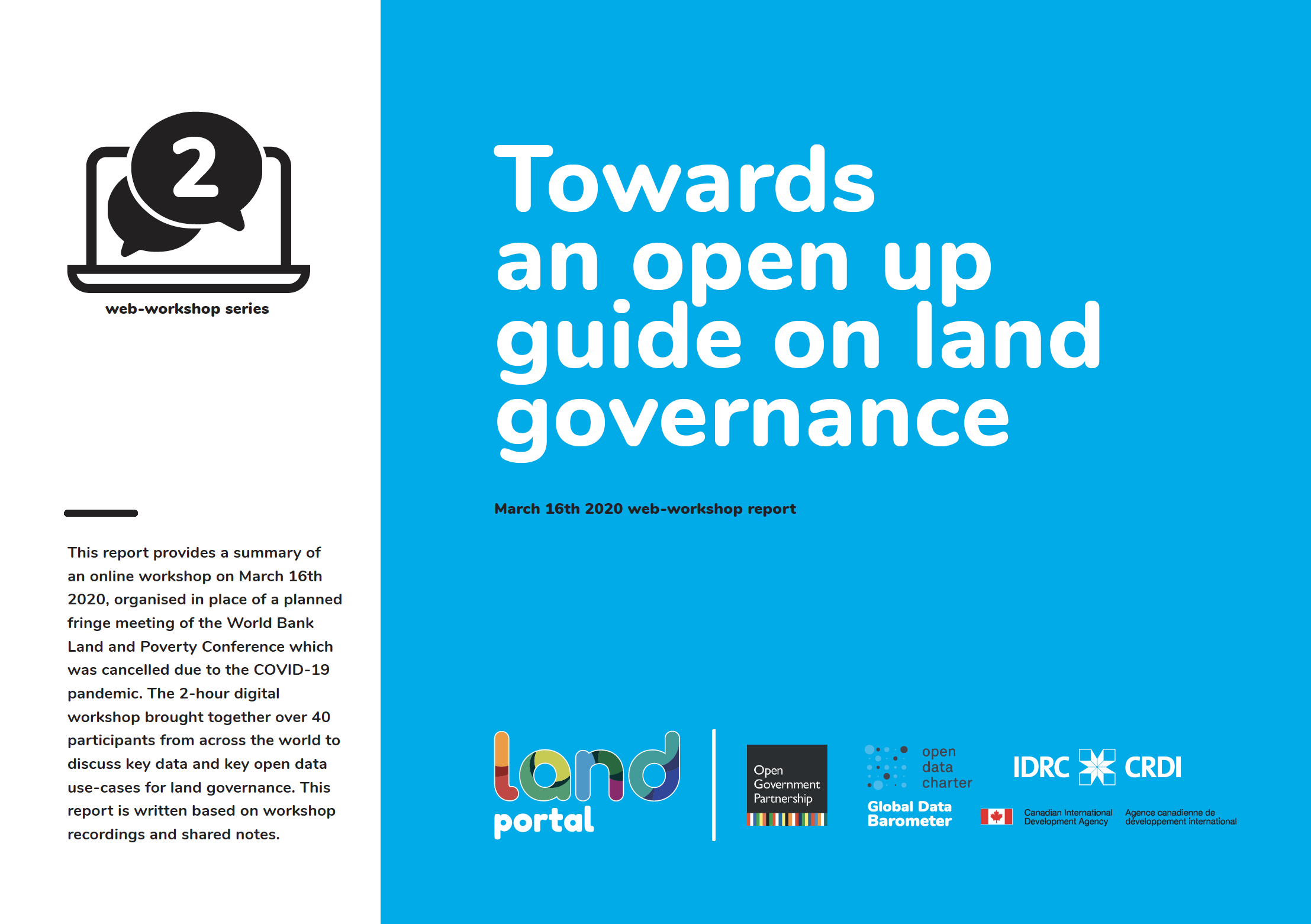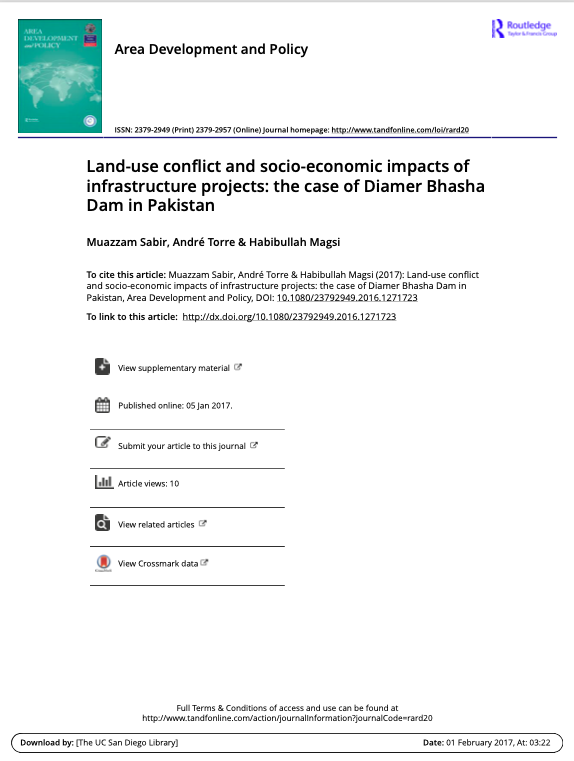Understanding Legal Barriers To Foreign Investment In Afghanistan
Since a century ago, there have been many efforts to attract foreign investment in Afghanistan. These efforts include the codification of laws and policies and the provision of facilities for participation of foreign companies in the Afghan economy through partnership with the government and partnership with private sector in this country.

